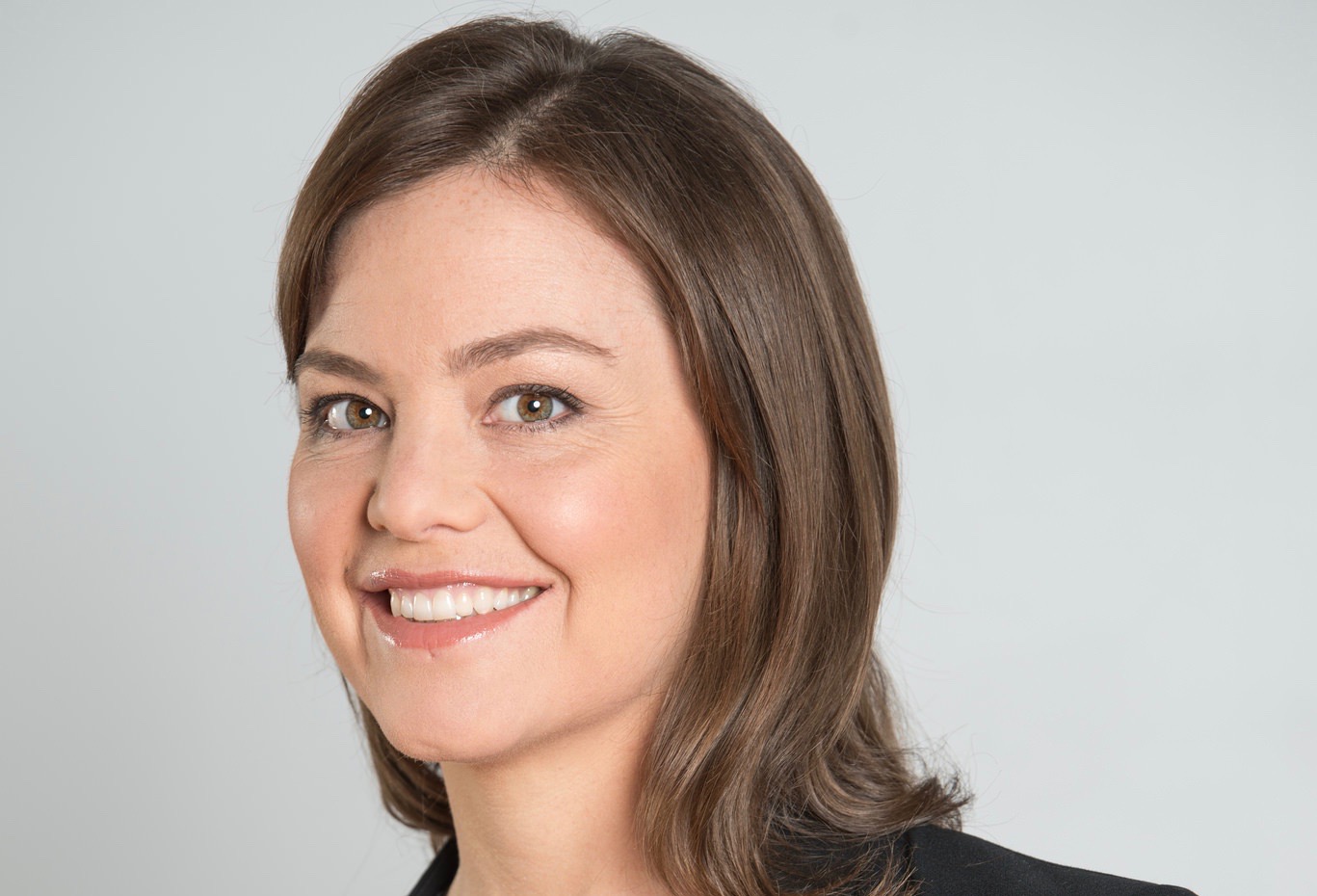
Minister for Women Julie Anne Genter urges parents to discuss online risks and safety with their children.
The report covers young people’s experiences with digital harm and draws on insights from 12 focus groups from schools across New Zealand.
Genter says the report highlights the message that young people deserve to be safe and deserve support to get safe, and that tailored prevention approaches are needed.
“We live in a digital world. Getting insights into the online lives of girls and boys helps us better understand how young people view digital harm and how to prevent it.
“Every single young person in this report knew of someone badly affected by things happening online. Young people’s behaviour online can lead to further harm in their offline relationships.
Further understanding of how to prevent harm online, about how to keep safe, and what to do when it is not safe are needed, Genter says.
“Girls and boys in our study strongly supported prevention efforts, including education about norms, consent, mental health and respect. The research found that young people will not always ask their parents for help. Young people and their parents do need to know where to get help and who to ask for it.
“I encourage parents to educate themselves about young people’s online environments, to talk about healthy relationships, and to discuss online risks and safety with their children,” says Ms Genter.
The full report Insights into digital harm: The online lives of New Zealand girls and boys is available at www.women.govt.nz
Resources for parents, teachers and young people are available online at www.netsafe.org.nz.
The much-delayed English draft curriculum is now out for consultation, generating discussion from teachers.
Research from AUT demonstrates arts, culture and recreation have positive impacts on all aspects of…
How effective has the school phone ban been in achieving its aims? Researchers from the…
School camps and excursions deliver hands on learning experiences, helping to consolidate classroom learning.
Innovations in AV technologies present new opportunities to engage with students. We look at how…
A new report from the University of Auckland’s Our Voices Project asks young people what…
This website uses cookies.